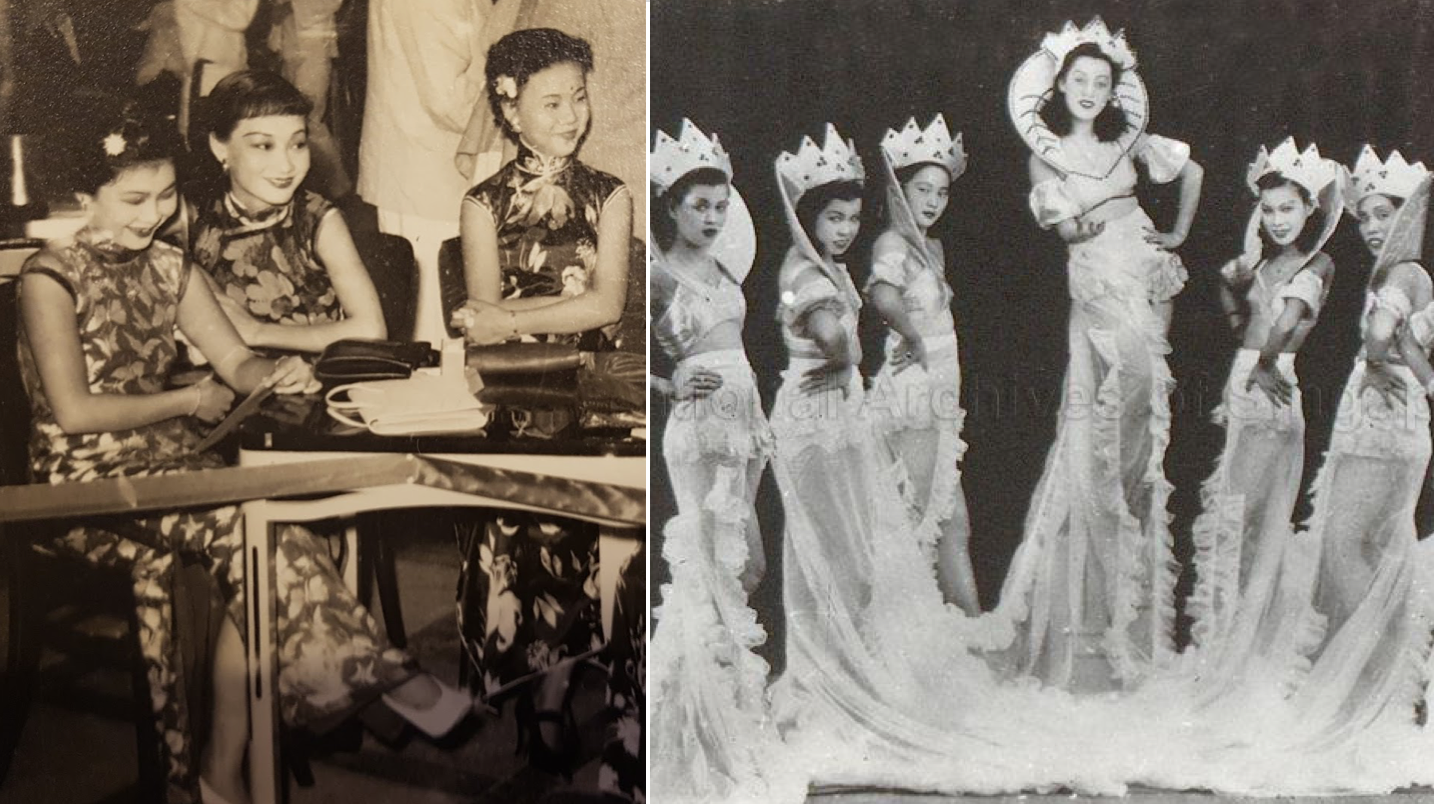
WEIGHT: 52 kg
Bust: E
One HOUR:90$
Overnight: +70$
Sex services: Striptease pro, Slave, Fetish, Massage professional, Anal Play

Federal government websites often end in. The site is secure. Preview improvements coming to the PMC website in October Learn More or Try it out now. These communities are highly socially isolated from each other and are more connected to their ethnocultural contexts than to an abstract and shared transgender identity. Whereas previous research either has viewed male-to-female transgender people as one monolithic group or has separated them into abstract racial categories unconnected to their communities and lifestyles, this article positions them within specific social networks, cultures, neighborhoods, and lifestyles.
With regard to HIV vulnerabilities, violence, and rape, House Ball community members seemed to engage in the riskiest form of survival sex work, whereas Asian sex workers seemed to engage in moderate-risk survival sex work.

White cross-dressers seemed to engage in very low-risk recreational sex work. This article charts new territory by mapping ethnocultural communities and connecting HIV risk behaviors within a nexus of racial, ethnic, cultural, social, and economic factors. Findings from our study of three ethno-cultural transgender communities demonstrate the fundamental roles of economics and marginalization in determining identities and HIV risk behaviors. Some of this population is also transient Sterling et al.
Previous research either has viewed transgender people as one monolithic group or has separated them into abstract racial categories unconnected to communities and lifestyles Bockting et al. This article, however, maps some of the different communities comprising the MTF population in New York City and positions them within specific social networks, cultures, neighborhoods, and lifestyles. These communities not only are stigmatized and, in some cases, marginalized from general society but also are often isolated from each other.

Furthermore, they frequently experience their transgender status as an additional stigma that exacerbates and intersects with specific vulnerabilities and characteristics already found within a given ethnocultural context, such as poverty, homelessness, joblessness, and high HIV seroprevalence.



































